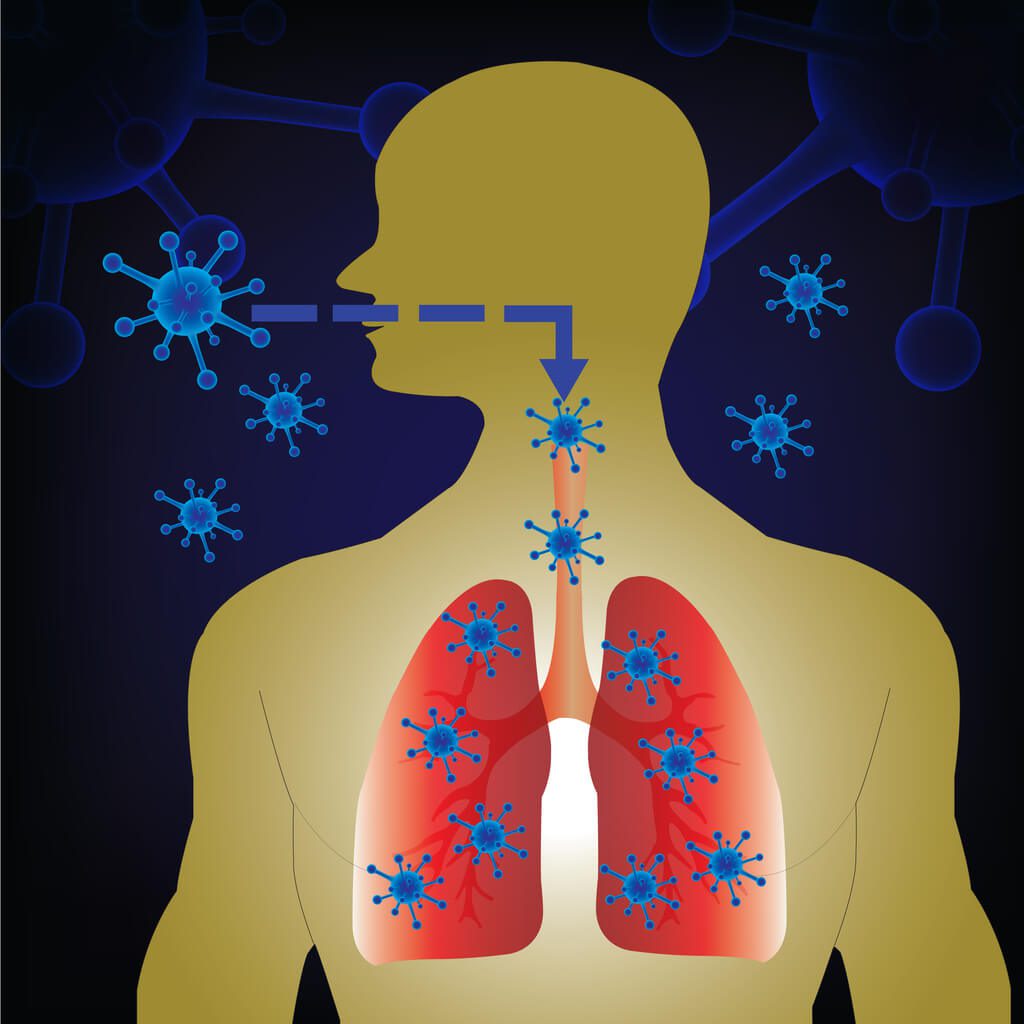
The short answer is yes, your PCP can provide upper respiratory infection treatment near you. However, the answer extends beyond just a simple yes. For many people, these infections disrupt daily life, causing discomfort and frustration. They often cause sore throat, nasal congestion, or persistent coughing. Understanding what makes a PCP your go-to for treatment involves exploring their role and how they manage this condition.
This article will look at how your PCP can assist in providing upper respiratory infection treatment. We will also discuss when you might need additional care.
What is an Upper Respiratory Infection?
Upper respiratory infections (URIs) are highly common illnesses. They affect the nasal passages, sinuses, throat, and sometimes, the lower airways.
They are often referred to as the common cold or a sinus infection. These infections can significantly disrupt daily activities, and they often come with the following symptoms:
- Congestion
- Runny nose
- Sore throat
- Coughing
- Sneezing
- Fatigue
- Mild fever
Most URIs are caused by viruses. Antibiotics do not work on infections caused by viruses. These infections are usually not severe. However, they can be uncomfortable and may warrant medical advice if symptoms persist or worsen.
Can My PCP Give Me Upper Respiratory Infection Treatment?
The good news is that primary care providers are fully equipped to treat most cases of URIs. Visiting your PCP can save you time, money, and inconvenience, as they are the first point of contact for most health concerns.
Here is a detailed breakdown of your PCP’s role in upper respiratory infection treatment.
Diagnosis
Your primary care provider (PCP) will start by asking about your symptoms and medical history.
They will want to know how long you have been sick and how bad your symptoms are. They may also check your throat, ears, nose, and lungs to look for signs of infection.
In some cases, your symptoms may seem more serious, like bacterial sinusitis or pneumonia. In this case, your PCP might suggest extra tests, such as:
- A throat swab to check for strep throat
- Chest X-rays to look for lung problems
- Blood tests to see how your immune system is responding
This careful process helps your PCP find out what is causing your symptoms and plan the right treatment for you.
Symptom Management
For viral upper respiratory infections, the goal is to help you feel better. Your primary care provider (PCP) might suggest over-the-counter medicines like:
- Decongestants to help with a stuffy nose
- Cough suppressants to ease constant coughing
- Pain relievers like acetaminophen or ibuprofen to lower fever and reduce aches
They may also recommend simple home remedies. This includes drinking plenty of water, using saline nasal sprays, and getting enough rest.
If your symptoms are severe, your PCP might prescribe stronger medicines, like corticosteroid nasal sprays. These can help you feel better faster.
Treatment of Bacterial Complications
Most URIs are viral. However, some can develop into bacterial infections, such as strep throat, sinusitis, or ear infections.
If your PCP suspects bacteria is the culprit, they may prescribe an appropriate course of antibiotics. Note that antibiotics should only be used in cases driven by bacterial infections. Antibiotics have no effect against viruses.
Preventive Guidance
Your PCP can also provide advice to help you prevent recurring infections. Recommendations might include the following:
- Maintaining good hygiene, such as regular handwashing
- Strengthening your immune system through a balanced diet
- Keeping your vaccinations up to date
For people prone to allergies or chronic sinusitis, your PCP may recommend ways to minimize triggers. These triggers could lead to repeat infections.
Referral to Specialists
Although most URIs are manageable with basic care, there are exceptions. Do your symptoms persist beyond two weeks or worsen over time? Do they include certain red flags, such as high fever or difficulty breathing?
If this is the case, your PCP may refer you to an ear, nose, and throat (ENT) specialist. Alternatively, they may also refer you to a pulmonologist for further evaluation. This ensures you receive specialized care, if needed.
Why Trust Intercoastal Medical Group?
At Intercoastal Medical Group, we prioritize comprehensive and patient-centered care. Our team of experienced PCP near you understands the complexities of upper respiratory infections. This is why we offer personalized treatment plans to ensure your recovery.
When you visit one of our locations, you gain access to a network of healthcare professionals. You can rest assured that our highly experienced and trained physicians are dedicated to your well-being. We work closely with you to identify your symptoms and manage your condition.
In addition, we offer preventive strategies to reduce future health risks. We also consider your goals and preferences for your upper respiratory infection treatment plan.
Upper Respiratory Infection Treatment in Sarasota and Manatee County, FL
If you are experiencing symptoms of an upper respiratory infection, do not wait. It is important to seek medical guidance and chest pain treatment near you. Your PCP is an excellent resource for diagnosis, treatment, and peace of mind. At Intercoastal Medical Group, we offer convenient options to address all your health concerns.
Give us a call at the office nearest to you or use our online appointment request form to request a consultation. With us, you can expect a personalized upper respiratory infection treatment near you. We are here to ensure you feel better and return to your daily life as quickly as possible.
The best primary care doctors near you look forward to serving you!

